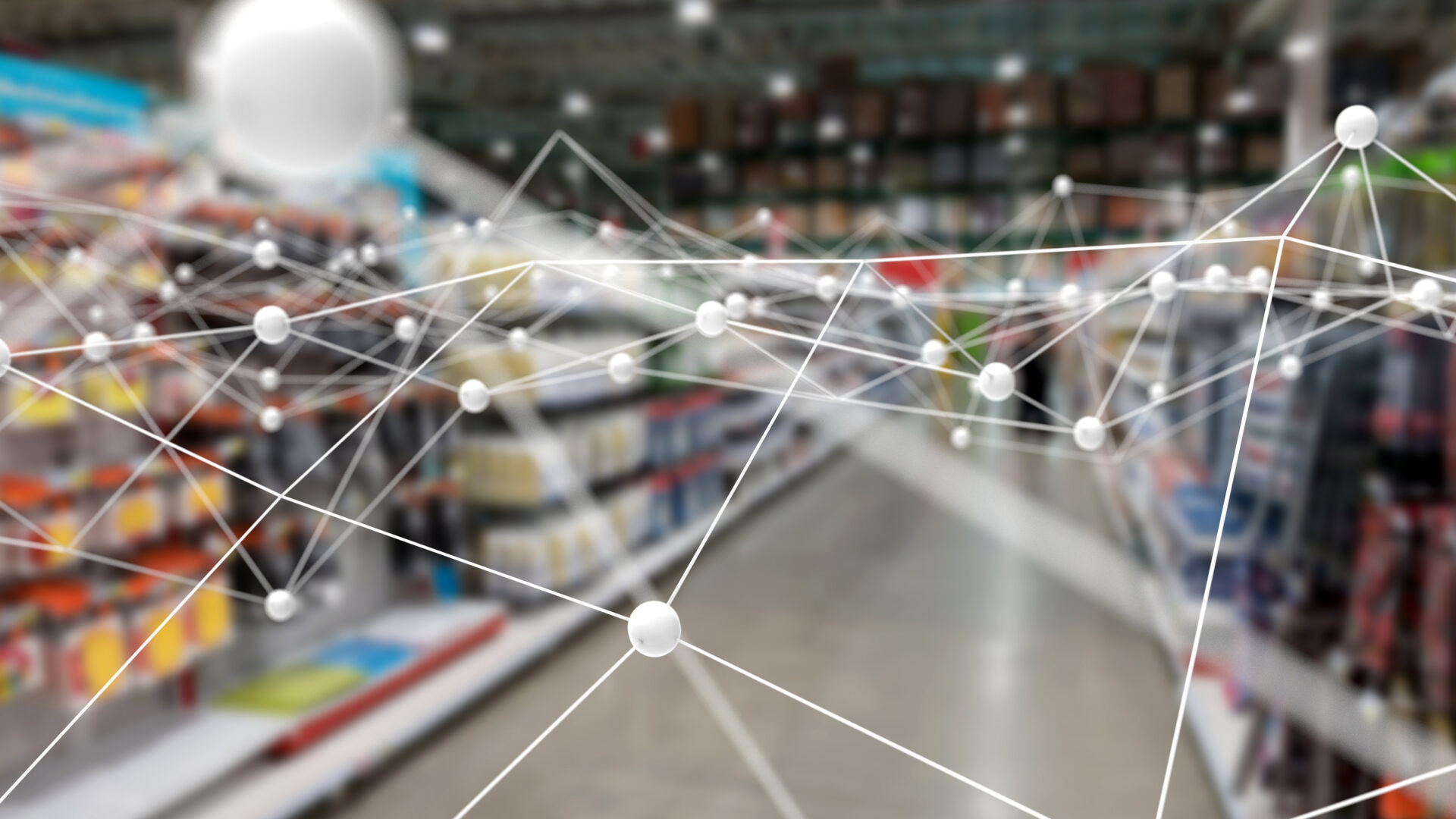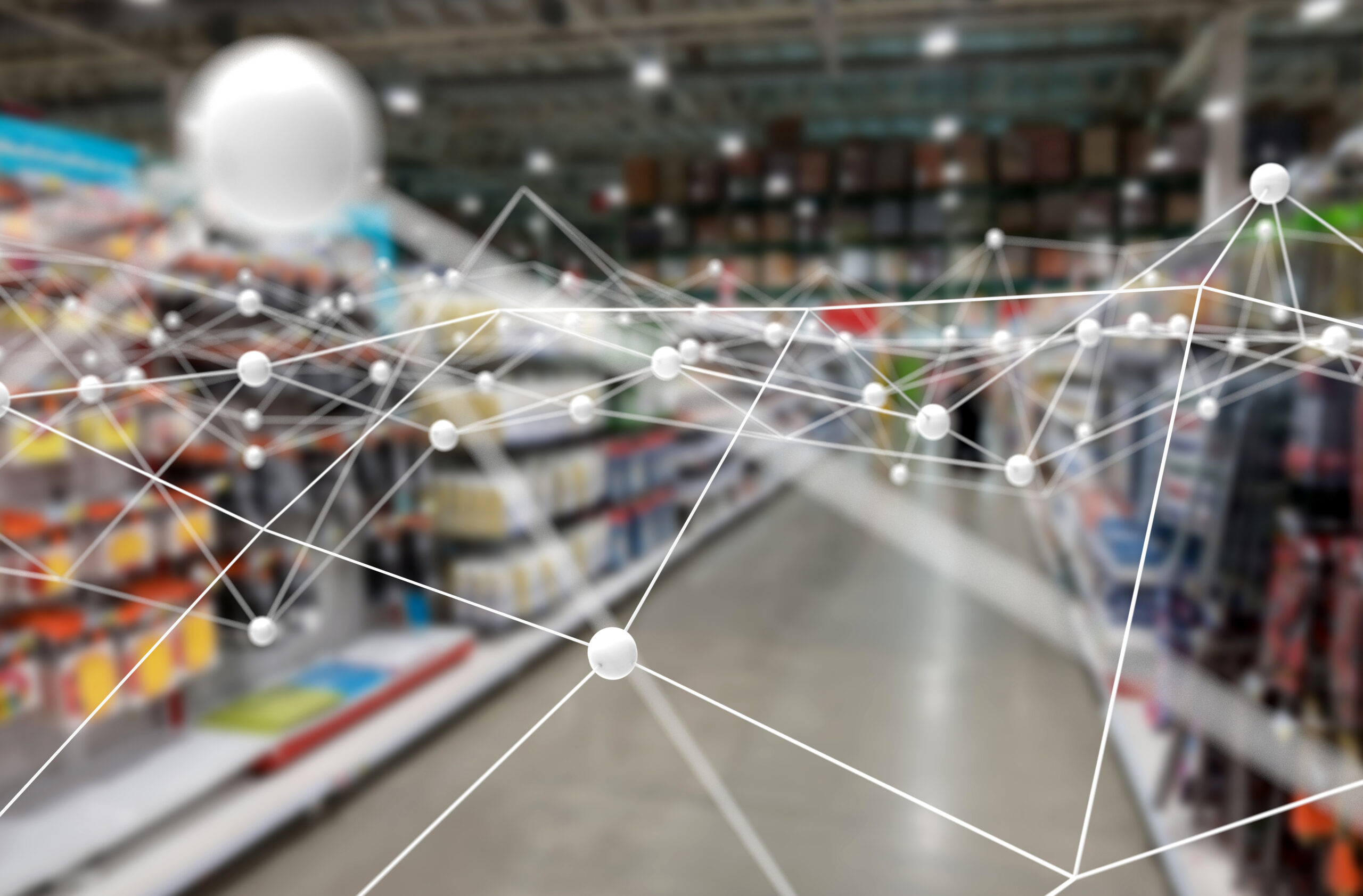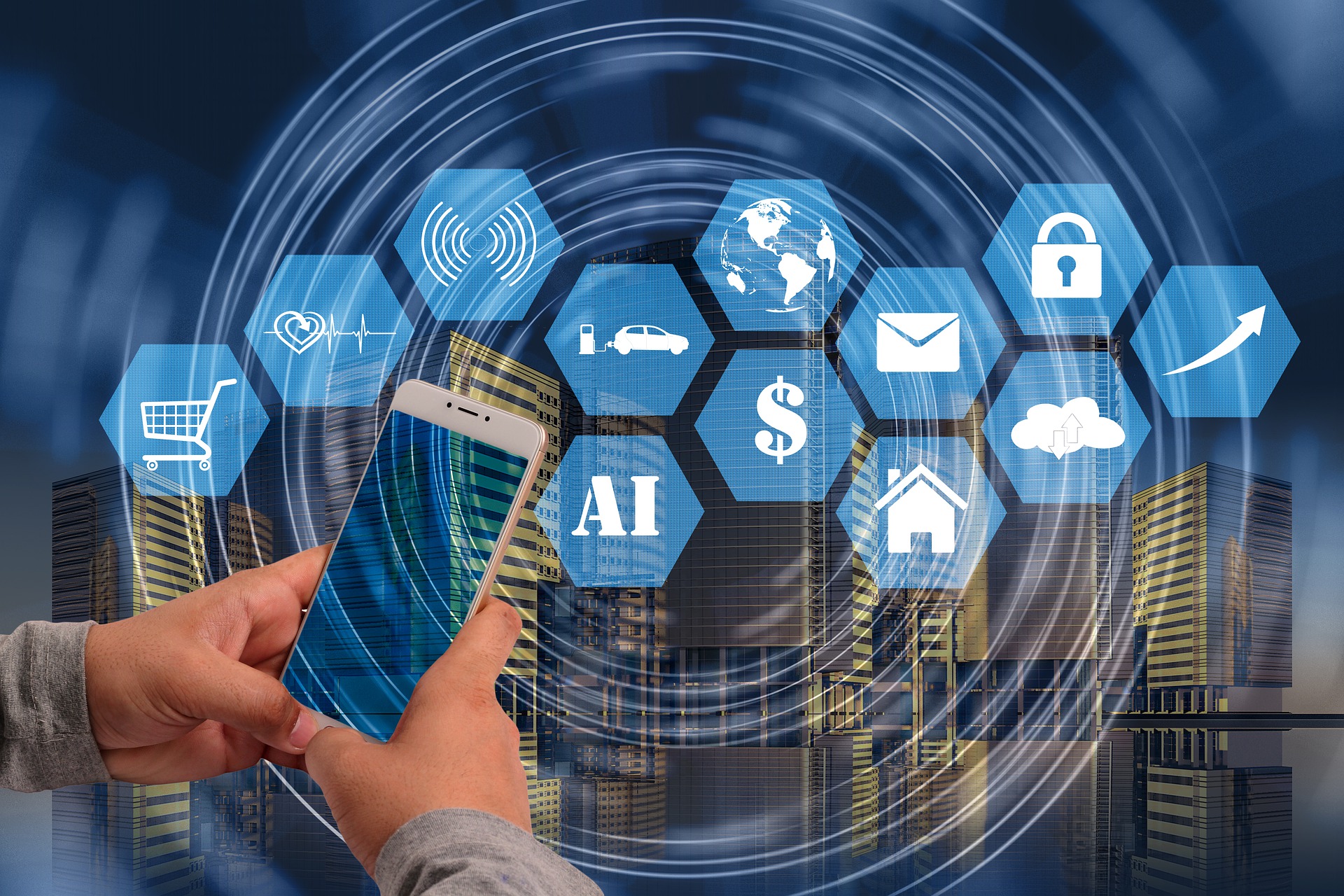Artificial Intelligence (AI) is revolutionizing industries across the board, and the retail sector is no exception. From personalized shopping experiences to optimizing supply chains, AI is already playing a pivotal role in reshaping how retailers operate and engage with customers. In fact, AI is expected to have a financial impact on retail of over $9 trillion by 2029. In this blog post, we’ll explore the various ways AI is shifting the retail landscape and what you need to know about this transformative technology.
Personalized Customer Experiences
One of the most significant impacts of AI in retail is its ability to provide highly personalized customer experiences. AI algorithms analyze customer data, such as purchase history, browsing behavior, and demographic information, to offer product recommendations tailored to each individual. This not only enhances customer satisfaction but also drives higher conversion rates and increased sales.
Chatbots and Virtual Assistants
AI-powered chatbots and virtual assistants are becoming increasingly prevalent in e-commerce. They can answer customer queries, guide shoppers through the purchasing process, and provide support 24/7. These AI-driven interfaces can reduce response times, free up customer service professionals, and offer a more seamless shopping experience.
Inventory Management and Supply Chain Optimization
AI helps retailers optimize their inventory and supply chain management. Through predictive analytics, AI can forecast demand, reduce overstock or understock situations, and even suggest the most cost-effective routes for transportation. This not only cuts costs but also minimizes waste and improves sustainability.
Pricing Strategies
Dynamic pricing, powered by AI, allows retailers and manufacturer teams to adjust prices based on real-time market conditions, competitor pricing, and customer demand. This maximizes profitability and ensures that products are priced competitively.
Visual Search and Image Recognition
Visual search technology enables customers to search for products using images rather than text. AI-powered image recognition can identify and match items from photographs or screenshots, making the shopping more intuitive and convenient. Image recognition can also be used for frictionless checkout experiences, like Amazon Go.
Loss Prevention
AI-driven surveillance systems can monitor store activities and detect unusual behaviors or potential theft. These systems can provide alerts to store staff or security personnel, improving loss prevention efforts.
Customer Insights
AI helps retailers gain deeper insights into customer behavior and preferences. By analyzing vast amounts of data, retailers can understand trends, anticipate customer needs, and make data-driven decisions to enhance their offerings.
Recommendation Engines
Recommendation engines use machine learning to suggest products or services that customers are likely to be interested in. This feature is prominently used in e-commerce websites and contributes significantly to cross-selling and upselling.
Customer Feedback Analysis
Sentiment analysis powered by AI can help retailers gain a better understanding of customer feedback and reviews. This information can be used to make improvements, respond to customer concerns, and enhance the overall shopping experience.
Enhanced Fraud Detection
AI algorithms can detect fraudulent activities, such as credit card fraud and identity theft, by analyzing patterns and anomalies in transaction data. This not only protects customers but also helps retailers avoid financial losses.
The Future of AI in Retail
While AI offers numerous benefits to the retail industry, it’s important to consider the ethical and privacy implications associated with the collection and use of customer data. Retailers, brands and retail software providers must be transparent in how they use customer data and prioritize data security to maintain customer trust.
In conclusion, AI is a game-changer in the retail industry, improving customer experiences, optimizing operations, and driving profitability. To stay competitive in this evolving landscape, retailers and brands will need to embrace AI technologies and continually adapt to the latest advancements in artificial intelligence. By doing so, they can deliver better service, streamline their operations, and provide customers with an experience that keeps them coming back for more.
Learn more about how InContext leverages more than a decade of virtual shopping trips to create predictive models for retail planning.





